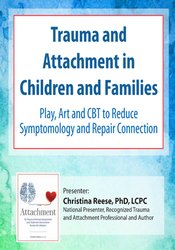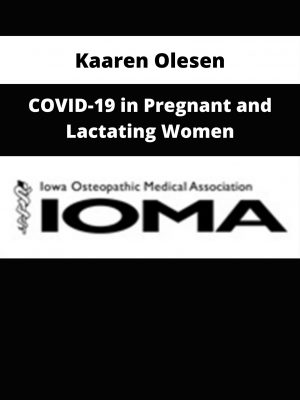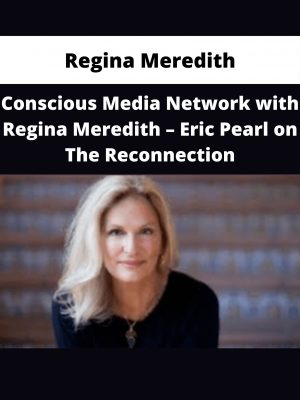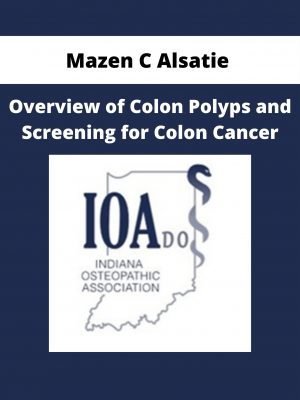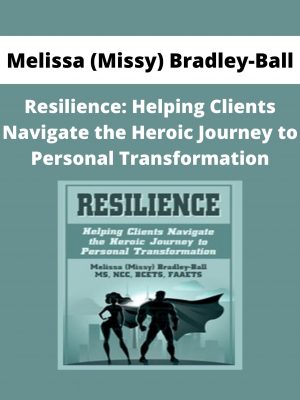Christina Reese – Trauma and Attachment in Children and Families
$219 Original price was: $219.$62Current price is: $62.
Shopping Instructions:
- DISCOUNT 15% : SHOP15
- Product Delivery: Within 1 – 12 hours after purchase.
Reframe the behaviors to identify the distress, learn how attachment trauma is related to every diagnosis, and how repairing the primary attachment relationship can reduce symptomology.
Christina Reese – Trauma and Attachment in Children and Families
Assessment
- 4 Styles of Attachment
- Research of Bowlby and Ainsworth
- Secure
- Ambivalent
- Avoidant
- Disorganized
- Symptoms of Maladaptive Attachment
- Research of Bowlby and Ainsworth
- Neurobiology of Attachment
- How the brain categorizes attachment
- Changing the brain in attachment
- Assessing Attachment Style
- Adult Assessment Inventory for parents
- Strange Situation Procedure for young children
- Manchester Child Attachment Story Task for children
- Child Attachment Interview for older children and teens
- Psychosocial Assessment and Identifying the Impact of Trauma on Attachment
- Recognize factors in the child’s history
- Abuse and neglect
- Abandonment
- Impact of parent’s attachment style
- Substance abuse in caregiver
- Mental health disorders in caregivers
- Foster care/adoption
- Relation to other traumas
- Recognize factors in the child’s history
Trauma-Informed Attachment Symptomology
- Attachment trauma that complicates and intensifies symptoms
- Diagnosis that can contribute to attachment trauma
- Depression
- Anxiety
- ADHD
- ODD
- Bipolar
- Other Traumas
Attachment Focused Interventions – Play, Art, CBT
- Repair Connection
- The use of art/creative interventions
- Talking points
- Collaborative problem solving
- Strengthen Relationships
- Physical activities
- Quality time activities
- Face to face interactions
- Increase Felt Safety
- Trust building activities
- Establishing safety plans
- Identifying family system dysfunction and repair strategies
- Trust-Based Parenting
- Re-do’s
- Time ins
- Reframing
- Establishing Supportive Attachments
- Brainstorming effective supports
- Clarifying needs
- Building attachment-based support systems
- Attachment as a Coping Strategy
- Interventions to increase connections
- Leaning on social supports
- Groups – the force of understanding
The Role of the Therapeutic Relationship in Attachment
- Building attachment focused therapeutic rapport
- The role model
- The cheer leader
- Therapist self care
Would you like to receive Christina Reese – Trauma and Attachment in Children and Families ?
Description:
What came first, the loss of attachment or the diagnosis … Anxiety, ADHD, ODD?
For the child who is oppositional, did they respond with opposition after feeling disconnected from their primary attachment or have their oppositional behaviors put stressors on their primary relationships?
Imagine a client/family in your office and you’re hearing about the oppositional and defiant child’s behavior from frustrated parents – which came first, the behavior and then the rupture in attachment. Or did the attachment come first and is showing as a behavioral disorder?
Watch me to become more successful in helping identify and heal ruptured attachments in family and children. Learn the ways that attachment trauma and relationship dysfunction impacts a child’s ability to feel safe with adults, follow directions and be respectful.
Reframe the behaviors to identify the distress, learn how attachment trauma is related to every diagnosis, and how repairing the primary attachment relationship can reduce symptomology.
Discover attachment-focused interventions to:
- Reduce symptomology for anxiety, aggression, opposition, inattention, and mood instability
- Increase connection for better self-esteem, coping skills, and sense of belonging
- Improve emotional and self-regulation for life-long attachment
- Build attachment-focused therapeutic rapport
Bring life-altering change to the children that you are working with, repairing foundational relationships and giving them the skills they need for life-long relationships, health and stability.
Related products
HEALTH & MEDICAL
HEALTH & MEDICAL
HEALTH & MEDICAL
Gaia—Creating-High-Voltage-Health-with-Glenn-Streeter-Open-Minds
HEALTH & MEDICAL
Regina Meredith – Conscious Media Network with Regina Meredith – Eric Pearl on The Reconnection
HEALTH & MEDICAL
HEALTH & MEDICAL
HEALTH & MEDICAL



